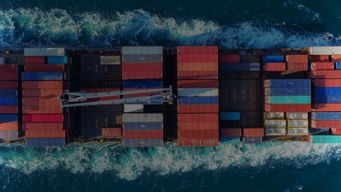The question of whether demurrage liquidates all or just some of the damages arising from a charterer’s breach in failing to complete cargo operations within the laytime has divided practitioners and academics for decades and, more recently, the English Court in K Line Pte Ltd v. Priminds Shipping (HK) Co Ltd [2021] EWCA Civ 1712 (The Eternal Bliss). Now, in granting permission to appeal to the shipowners, it is a question which the Supreme Court has said it will answer.
In High Court proceedings in 2020, Mr Andrew Baker concluded, after a detailed review of the law and commentary, that demurrage serves only to liquidate loss of earnings resulting from delay to the ship through failure to complete operations within the laytime, and nothing more.
In 2021 the Court of Appeal overturned the High Court judgment. Males LJ, giving the judgment of the Court, held that demurrage liquidates the whole of the damages arising from a charterer’s breach in failing to complete cargo operations within the laytime “and not merely some of them”.
Therefore as the law currently stands, if a shipowner seeks to recover damages in addition to demurrage arising from delay, it must prove a breach of a separate obligation. Mere delay by the charterer in loading or discharging beyond the agreed laytime will not be enough.
However, with the Supreme Court having granted permission to appeal, the scene is now set for the most senior court in England and Wales to determine the question of precisely what losses demurrage liquidates once and for all.



